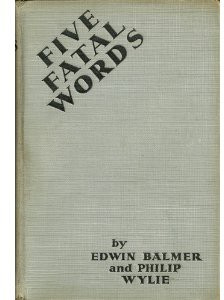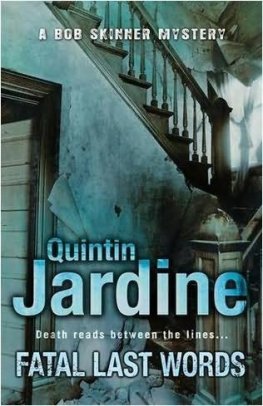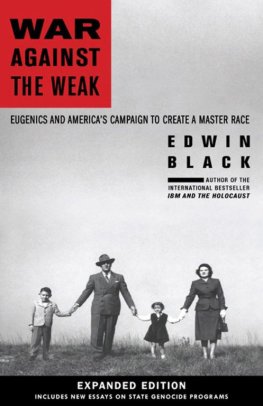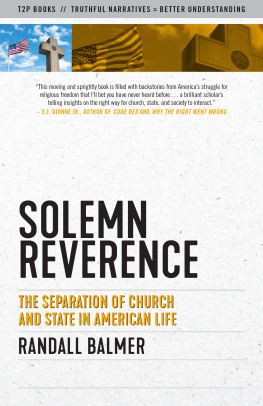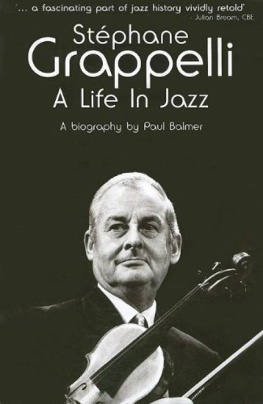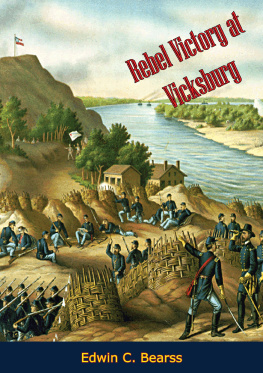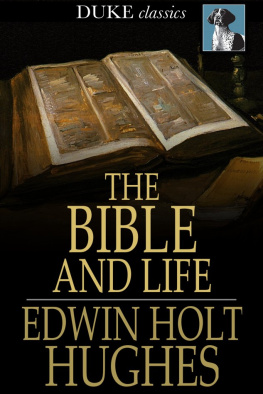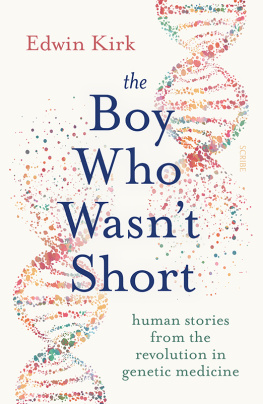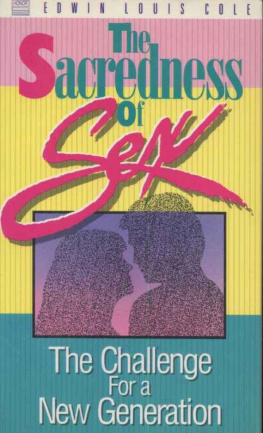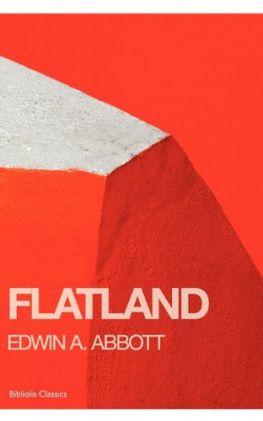Edwin Balmer - Five Fatal Words
Here you can read online Edwin Balmer - Five Fatal Words full text of the book (entire story) in english for free. Download pdf and epub, get meaning, cover and reviews about this ebook. genre: Science fiction. Description of the work, (preface) as well as reviews are available. Best literature library LitArk.com created for fans of good reading and offers a wide selection of genres:
Romance novel
Science fiction
Adventure
Detective
Science
History
Home and family
Prose
Art
Politics
Computer
Non-fiction
Religion
Business
Children
Humor
Choose a favorite category and find really read worthwhile books. Enjoy immersion in the world of imagination, feel the emotions of the characters or learn something new for yourself, make an fascinating discovery.
- Book:Five Fatal Words
- Author:
- Genre:
- Rating:4 / 5
- Favourites:Add to favourites
- Your mark:
- 80
- 1
- 2
- 3
- 4
- 5
Five Fatal Words: summary, description and annotation
We offer to read an annotation, description, summary or preface (depends on what the author of the book "Five Fatal Words" wrote himself). If you haven't found the necessary information about the book — write in the comments, we will try to find it.
Five Fatal Words — read online for free the complete book (whole text) full work
Below is the text of the book, divided by pages. System saving the place of the last page read, allows you to conveniently read the book "Five Fatal Words" online for free, without having to search again every time where you left off. Put a bookmark, and you can go to the page where you finished reading at any time.
Font size:
Interval:
Bookmark:
IT was a day for taking a desperate chance; a day which offered little choice, indeed. And here was a chance.
Wanted--Young lady, twenty-two to twenty-four years, educated, refined, pleasing appearance, cheerful disposition. Applicant must have no ties. Must be willing to devote entire time for one year to position. Excellent personality and character references required; also intelligence, reliability, and resourcefulness. Unusual remuneration. Write, describing your personal situation fully. C. V. 164.
The final initials and figures signified, as Melicent Waring knew, a code address in care of the newspaper; there was no other signature.
The advertisement was in the "Help Wanted--Female" column, and had not been there yesterday or previously. Of that Melicent was sure. This was its first appearance, so she had as good a chance as anyone else to get the position.
Of course, there was a strange tone to it; something out of the ordinary; that was sure. Something suggesting a risk. But could Melicent Waring be a chooser? For nine weeks she had been out of a job, dependent upon Helen Crosby; and now Helen's job, too, was gone. They shared their one room, kitchenette, and bath, with rent paid for exactly eight days more; they had left not quite a dollar a day for both of them, even through that period. To be exact, they possessed seven dollars and forty-two cents between them--the last of Helen's money.
"Here's my new job," announced Melicent.
Helen looked up from the can she was opening raggedly. "Which one? 'Young lady must have no ties--but reliability and resourcefulness--unusual remuneration'"?
"Oh," said Melicent. "You saw it, too?"
"Yes, I saw it."
"Well," said Melicent and waited.
"You aren't going to answer that?" said Helen.
"I certainly am. Why not?"
"Does it sound all right to you?"
"Of course, it doesn't sound all right; but it doesn't sound indecent; or does it to you?"
"No," admitted Helen. "It doesn't sound indecent. I don't know why, but it sounds risky--decidedly."
"Well, are we so safe-if neither of us gets something to do?"
"Neither of us," Helen stuck to her dreads, "has to take--that."
"At least I'm going to see what it is. It says 'must have no ties.' I am not only an orphan, but I haven't even a Dutch uncle. It says 'unusual remuneration' and I've been living without any remuneration at all for so long, darling, that even if it said 'modest remuneration' I'd jump at it."
"I wouldn't. I wish I'd burned that paper. When I saw it, I thought, 'Melicent would answer that'--"
"You bet I'm answering that. I'm writing my letter in my head now. I've got to have that job, and I believe I can get it! Oh, you can burn it," as Helen grabbed the paper;
"I've got it memorized--C. V. 164."
Helen gave up and, as it was her turn to get dinner, she went about the motions of her work, at the same time watching Melicent anxiously.
Anyone passing Melicent Waring on the street would not have thought of taking an anxious attitude toward her. She had a look of sophistication and self-assurance. Such a passer-by would have seen a girl who carried herself remarkably well; who had excellent taste in clothes and the knack of appearing smartly dressed, and who was attractive from the heels of her shoes to the crown of a hat worn slightly aslant. She had a generous but exquisitely defined mouth, wide blue-gray eyes, and hair the color of which depended on the light falling upon it. Sometimes it was a rich brown, sometimes reddish, and in bright sunshine it had amber and golden high-lights.
Many girls might have been satisfied to depend on so much attractiveness to make their way in life easy. Melicent certainly could have been a show girl or a model. Instead, she had used the small inheritance left to her by her father for her education. For a time, after a year of college and two years in business school, she had profited by that use. But now the national economic reversal had caught her first employer, the only one she had had. He had reluctantly dismissed her; and Melicent had discovered that other employment of any sort was practically impossible to find.
She was competent and clear-minded as ever, but during the weeks she had answered "Help Wanted" advertisements of many sorts, only to find again and again a girl of a different competence, of another experience was wanted, her self-confidence became more and more difficult to assume--as no one knew better than Helen.
However, she began confidently this letter in which she described, fully and honestly, her personal situation.
"I was born in Meriden, Connecticut, and went to school there. I was an only child; and my mother, who died eight years ago, was an only child. My father died four years ago; he had one brother who was killed in a motor accident. I am just twenty-two years of age and have no near relative and no tie whatever except the normal friendships one forms and which would not in any way interfere with my devoting my entire time and attention to my employment. I am entirely dependent upon finding employment and .
.."
When she had finished the letter, she addressed the envelope to the cryptic symbols of the newspaper office and put on her hat.
"Let me see that," Helen begged of her.
"Why?"
"The more I think of that ad, the more it gives me the creeps. There's something funny about it. Don't mail that letter, please, Melicent?"
"Of course, I'm going to mail it. I'd rather eat and have the creeps--if that's all will happen to me--than be hungry." Melicent laughed and opened the door. "Don't worry; probably I'll not have the luck to get an answer."
"It won't be luck."
The letter was dropped in the mail box; that much was done, and Melicent, returning, looked through the remaining ads in the paper which Helen had not destroyed.
In the "Help Wanted--Male" column, adjoining the "Help Wanted--Female," she now noticed for the first time an advertisement: "WantedTwenty-four to thirty years"...
but otherwise identical in wording to the advertisement which she had answered. The young men were to write to the symbols C. K. I22 at the newspaper office.
It gave her a start. Yes, undeniably the queerness of it was more than doubled by this repetition of the ad. She showed it to Helen.
"I told you it was funny. I wish you hadn't written."
But Melicent tossed her head defiantly. "I'm glad I did."
Her letter was answered on the following afternoon. The reply was formal and unilluminating. It merely gave an address at which to call and a time--Wednesday, which was the following day, at four o'clock at the offices of Reese & Ritter.
The offices of Reese & Ritter proved to be in the Frobisher building off William Street and near Wall Street, in the center of the financial district. The building was old and grimy--its heavy marble faade covered with dark veils of soot, the first of which was certainly laid upon it before the death of Queen Victoria. The elevator was ornate with iron filigree. The office itself was precisely the sort of office to be expected in such a building. Its luxury was the luxury of another era. There was no sparkle of chrome steel, no latter-day brilliance in it. Instead, ponderous mahogany, smoky walnut, dull carpets, a prim middle-aged lady of the reception desk, and an aura at once pompous and heavy.
Melicent, who had come down alone and without mentioning it to Helen, felt vaguely uneasy. Probably it was chiefly the recollection of Helen's hunch about this job, but partly it was these offices. There was something old, obstinate, dead, and half forgotten about the place. Who wanted a girl with no ties here? And why?
She gave her name and presently was ushered through a door. The reception clerk said, "This is Miss Waring, Mr. Reese," and departed. Melicent found herself looking at an elderly gentleman with white hair and an angular face, who sat behind a desk in one corner of a high-ceilinged, shadowy room. His voice, when it came to her, was reassuring. It was the voice of a cultured man, and a man who both knew and meant what he was going to say.
Font size:
Interval:
Bookmark:
Similar books «Five Fatal Words»
Look at similar books to Five Fatal Words. We have selected literature similar in name and meaning in the hope of providing readers with more options to find new, interesting, not yet read works.
Discussion, reviews of the book Five Fatal Words and just readers' own opinions. Leave your comments, write what you think about the work, its meaning or the main characters. Specify what exactly you liked and what you didn't like, and why you think so.

